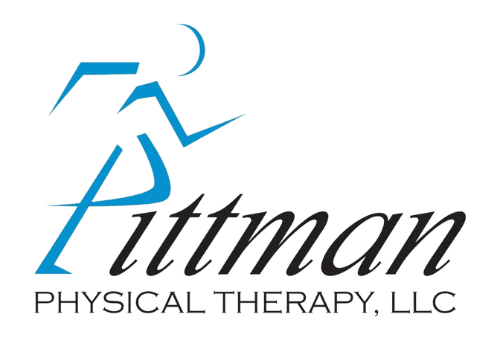In order to ensure a new mom can take care of her baby, she has to take care of herself first. We believe that every woman should see a pelvic floor physical therapist following childbirth. Approximately 1/3 of vaginal births result in some type of injury to the pelvic floor muscles and cesarean births do not reduce the risk of experiencing urinary incontinence or prolapse postpartum.
Does this mean every woman will experience urinary incontinence or prolapse after birth? No, but consulting with a pelvic floor physical therapist can help postpartum women safely return to pre-pregnancy activities and prevent any future symptoms from occurring. If a new mom is experiencing unwanted symptoms beyond the pregnancy, we believe it should be the standard of care for her to visit a pelvic floor physical therapist at Pittman Physical Therapy.
Here are 5 reasons every postpartum woman should see a pelvic floor physical therapist:
1. Pain
Pain that does not resolve soon after childbirth can affect a woman’s quality of life as she is caring for her newborn baby. This may include hip, low back, abdominal pain, or even sciatica symptoms. Pain can even develop from scar tissue related to c-section or episiotomy repairs. Pelvic physical therapists can help new moms care for their babies pain-free!
2. Incontinence and prolapse will not just go away
Urinary incontinence is not “normal” after childbirth and responds well to conservative treatment. If a woman receives a diagnosis of pelvic organ prolapse, it can be scary and leave her with a lot of unanswered questions. Surgery may even come up in conversation for either of these conditions and some women may feel like they have no other option. This is not the case! Prolapse-related symptoms and urinary incontinence often diminish or lessen with conservative treatment and the patient are able to bypass the recovery period and expenses associated with surgical intervention.
3. Sexual Health
Usually, around the 6th-week mark, women are cleared by their doctor for sexual intercourse. However, many women may not feel ready for sexual activity after a baby due to pain and various other reasons. Intercourse should not be painful and there is help for when this occurs! Pelvic physical therapists can assist women in regaining control of their sexual health. Pain-free and enjoyable sexual activity is possible after a baby.
4. Exercise
During delivery, the pelvic floor muscles may become stretched, weakened, or even tear. This can hinder the function of these muscles to support the organs and maintain continence. The abdominal wall may become stretched, weak, and separation may appear in the muscles called diastasis recti. The abdominal muscles play a large role in stabilizing the spine and transferring loads, therefore, abdominal weakness could lead to other problems if not corrected. A pelvic physical therapist can instruct a new mom in an exercise program specifically designed to target these muscles as well as other areas of the body to ensure they return to proper functioning!
5. Return to activities
After a baby, most women are not given any instruction on how to return to previous activities such as running, exercising, or various other hobbies they may take part in. Some women may feel like they won’t ever be able to exercise like they used to. This is not true! A pelvic physical therapist can instruct new moms in safe and effective ways to return to their previous activities pain-free for contact us!



